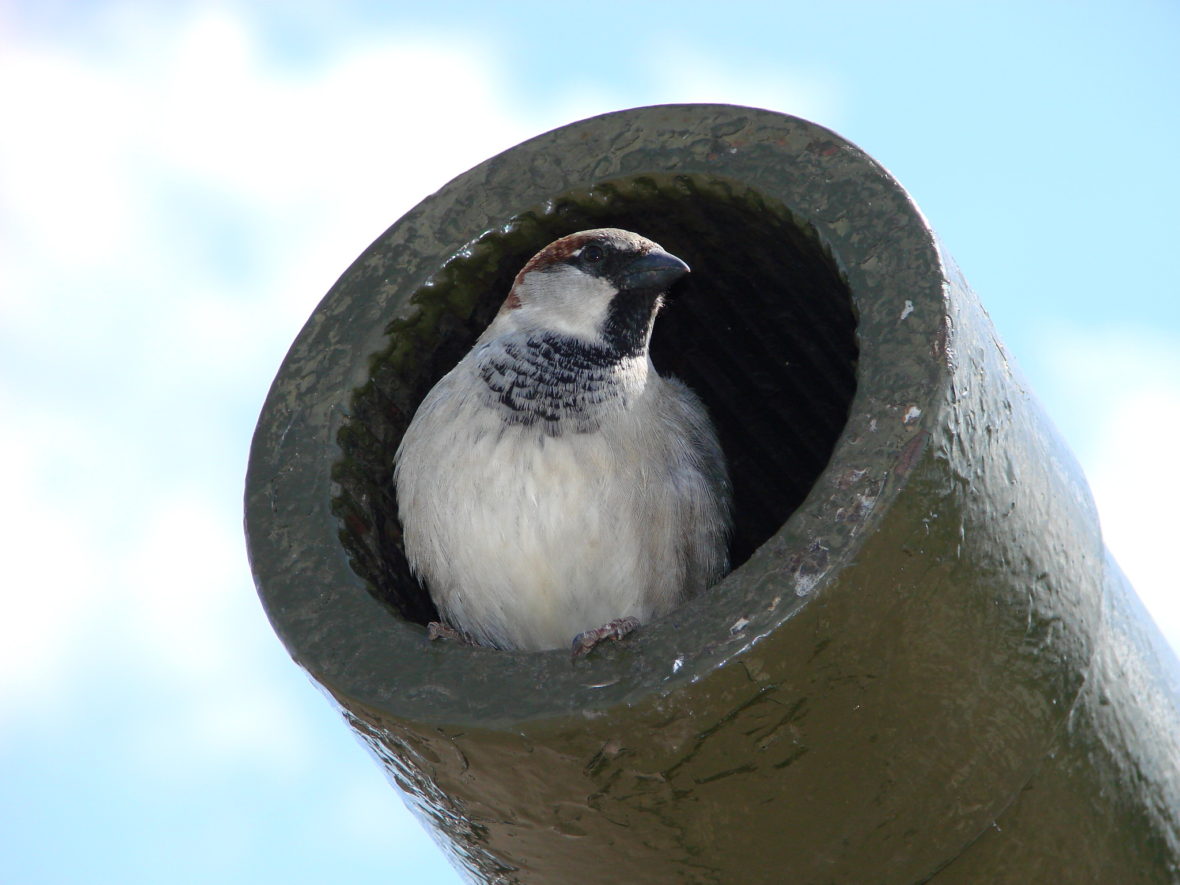The title of Nancy Mitchell’s third collection of poems tantalizes me with a number of possible readings. An out-of-body experience could mark the dissociation of ecstasy or trauma, or “the bodiless begun” of death. From any of these states, a “shop” offers repair. How these meanings intersect, and how they define the writer’s journey through the world, shape Nancy Mitchell’s haunting—and haunted—book.
It’s no accident that the collection opens with “The Past”—“…we’ll take it/outside, spread the decades//in the sun, burn off the mold, the stink.” Her exhumations echo William Faulkner’s assertion that the past isn’t dead—it’s not even past. Family histories in “Farewell to Bellehaven,” and “Would-Have-Been Mother-in-Law Overheard at the DAR Tea” reveal a century of lore touched by Southern Gothic. There’s a double murder at the “corner of Magnolia and Main,” an only son who “…one Sunday/after church…flung a jug of kerosene/onto the dying embers in the parlor” and after a semester at Duke “hung himself dead” when his father, in the words of a family chronicler, “caught/him needling morphine with a negress.”
In other narratives, Mitchell recalls her summer job in a factory, listening to body wisdom parceled out by her black female colleagues: “See Miss Supervisor’s red hair?…she was got when her mama was on the bleed.” “…that pimple on your chin?…you ain’t letting your boyfriend into your panties.” She writes in the voice of a would-be chicken farmer whose landlord gives him “the stink-eye for not knowing/about flight feathers,” and about one who can tell a predatory skunk from a fox: “it’s a skunk that sucks/the blood out, leaves the body/to rot.” Alert to the genius loci of a given place and time, Mitchell’s poems are pungent and plain-spoken.
The smoke of danger smolders through many of Mitchell’s most memorable poems, including those about her parents. In “What Were Fireflies,” Mitchell, sitting on the back porch at twilight, “Five, maybe…/six,” mistakes the flashing insects for “…my dad’s/butane torch, him all liquored//up, finally making good/on his threat to burn//every single weed/into the goddam dirt.” The enjambment between “good” and “on his threat” suggests a child’s hope vs. reality, two voices revived through decades of memory.
The book’s title poem turns a pedestrian incident into a world-shaking one. “Slipped on ice/in the grocery store/parking lot,” Mitchell begins laconically. But the fall splits mind from body as she senses herself rising “like a helium party/balloon”. Without punctuation, the poem darts from “passersby rally like ants” to “I float in a blizzard of static/embryonic/trailing a cut/umbilical cord”. The poet lies on asphalt, with “no idea how long” she’s suspended “in sound-booth silence.” Isolated in a crowd, with time and space—so carefully delineated in her work—confounded, the writer plants a kernel of rebirth at the center of trauma. The book, in many ways, is the outward and visible sign of an inner process of hard-won psychic integration.
I can’t reproduce here the multiple forms Mitchell’s work takes. Some poems range across the open field of an entire page; in others, short lines hew to the left margin. Prose poems and unrhymed free-verse couplets, skinny verses and fat stanzas—Mitchell uses all to fine effect. The Out of Body Shop, well acquainted with death, abuse, addiction and sorrow, expresses how the transformations of art can create a space for healing.
